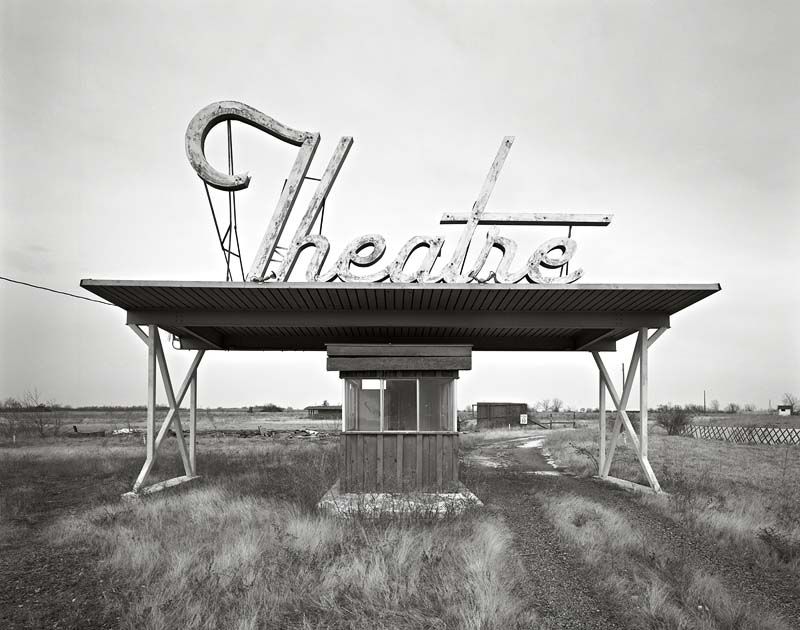By Wayne Allensworth

Gretchen Peters is another fine musician you may not have heard of. Born in New York City in 1957, Gretchen Peters found her way to Nashville in 1988 after living in Boulder Colorado in the 1970s, where she had played in local clubs. She has written songs that became hits for country stars such as Martina McBride, Trisha Yearwood, Patty Loveless, and George Strait, as well as for pop musicians like Neil Diamond. She has co-written songs with Bryan Adams. She began her own recording career in the 1990s and was inducted into the Nashville Songwriters Hall of Fame in 2014. She announced her retirement from touring in June of this year but says she will continue to write and record songs.
I hope so. It’s hard to categorize her music. Like a number of performers and songwriters who have been pigeonholed as rock, pop, folk, or country, Gretchen Peters writes and performs music I would describe as Americana. It’s simply American music.
Listen to her poignant tune “On a Bus to St. Cloud,” and I think you will understand:
“Five Minutes”:
History repeats itself and it ain’t up to you…In five minutes you’re whole life can change…
Gretchen Peters at the Shrewsbury Folk Festival:
From her opening number, “Arguing with Ghosts,” maybe the song that resonates the most with me. Perhaps it will be the same for some of you:
I get lost in my hometown.
Since they tore the drive in down
I find myself all turned around
I get lost in my hometown…
I still got my momma’s eyes, but I’m getting hard to recognize…
The years go by like days sometimes
The days go by like years…
I get lost in my hometown.
It’s easy to lament the state of popular music in all genres these days—I know that I do—but there are some skilled, poetic, sensitive artists out there. We have to look for them, but they are still there. It’s easy to get turned around, and yes, I get lost in my hometown. Just keep looking, you may be surprised what turns up.
Chronicles contributor Wayne Allensworth is the author of The Russian Question: Nationalism, Modernization, and Post-Communist Russia, and a novel, Field of Blood.
